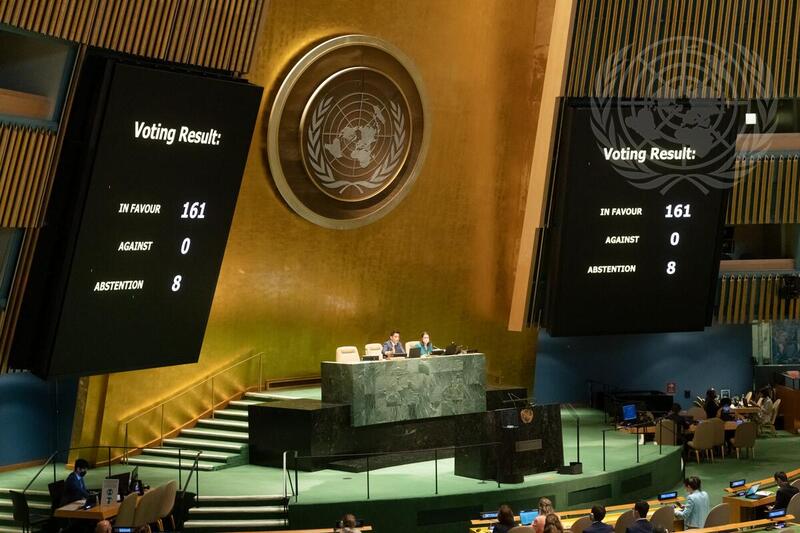The UN Human Rights Council urged governments to establish laws and policies that would effectively implement the right to a healthy environment, but this decision has caused friction between the US and the supporting nations.
The human right to a clean, healthy, and sustainable environment is reaffirmed in the resolution adopted today, which was sponsored by Costa Rica, the Maldives, Morocco, Slovenia, and Switzerland. It also calls on states to protect those working to protect the environment. Additionally, it requests support for its implementation from UN treaty organizations.
The former UN Special Rapporteur on Human Rights and the Environment John Knox said it is a turning point from acknowledging the right “to starting to take efforts to protect the environment.”
“It identifies concrete steps to make this right a reality, beginning with protecting environmental defenders and communities facing the deadly impacts of the ongoing triple planetary crisis,” agreed Sébastien Duyck, human rights, and climate campaign manager at the Center for International Environmental Law.
Read Also: rich-countries-agree-to-give-green-projects-better-export-finance
The US had been expected to withdraw its support for the resolution at the last hurdle and to call on others to join it, which would have resulted in a vote. However, it changed its mind following late-night negotiations.
Duyck said the US likely realized that isolating itself on “such an important resolution” would be diplomatically and publicly untenable. “Perhaps they had underestimated previously the resolve of other states but also civil society to see progress on the issue.”
In a statement to the council, US ambassador Michèle Taylor, said her nation had “long recognized” the relationship between human rights and environmental protection and continued to support the development of a right to a clean, healthy, and sustainable environment “in a manner that is consistent with international law”.
But she said it would “disassociate from consensus” on the subject because it has “significant concerns” about the resolution getting “ahead of the proper development of such a right”.
The Human Rights Council made up of 47 member states elected by the General Assembly, has long acknowledged a link between climate change and human rights, with frontline nations carefully building a broad coalition of support on the subject.
The US is currently a member, but has not always been and has accused the institution of bias on several previous occasions.
Story adapted from Climate Home News
